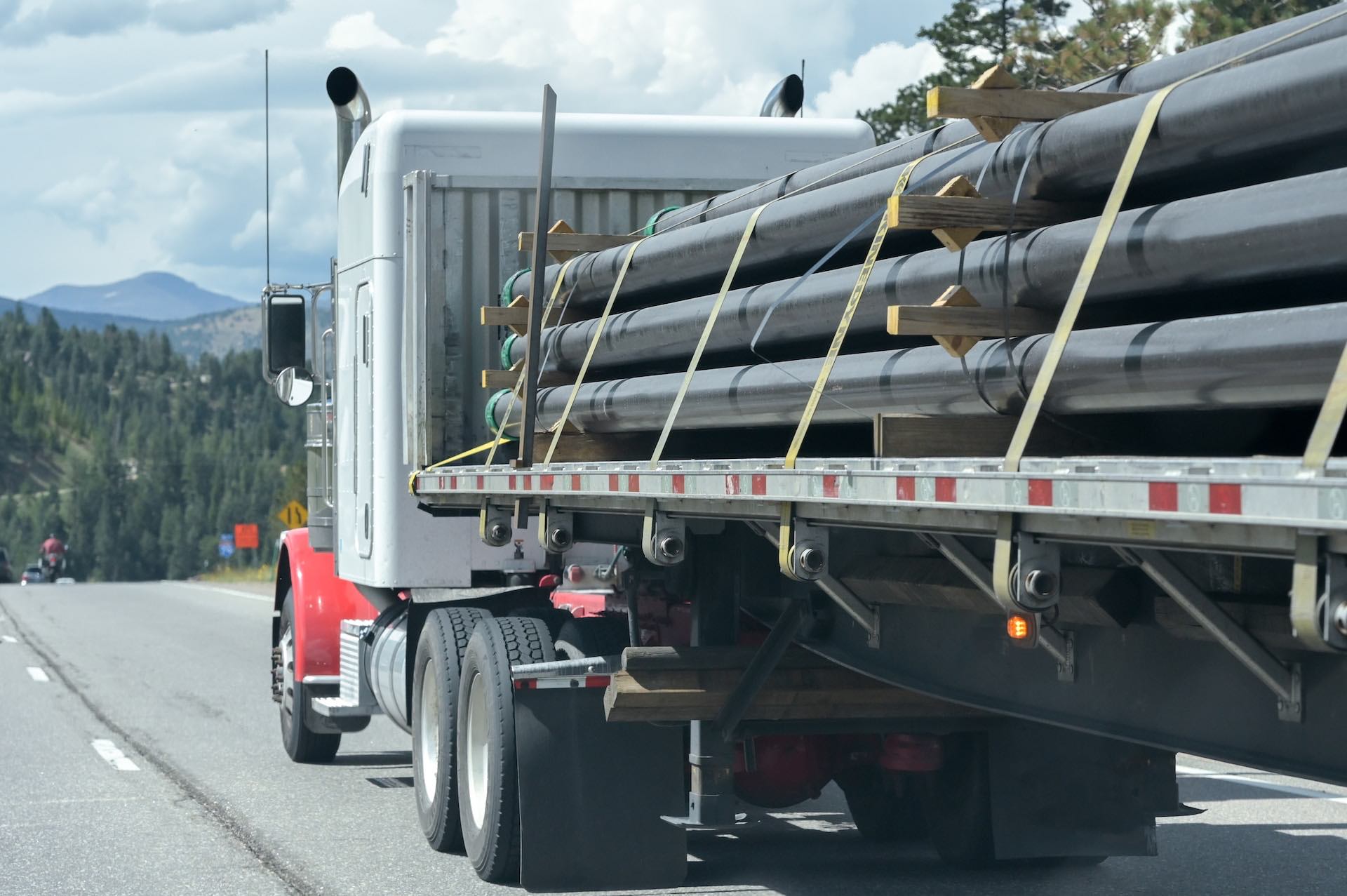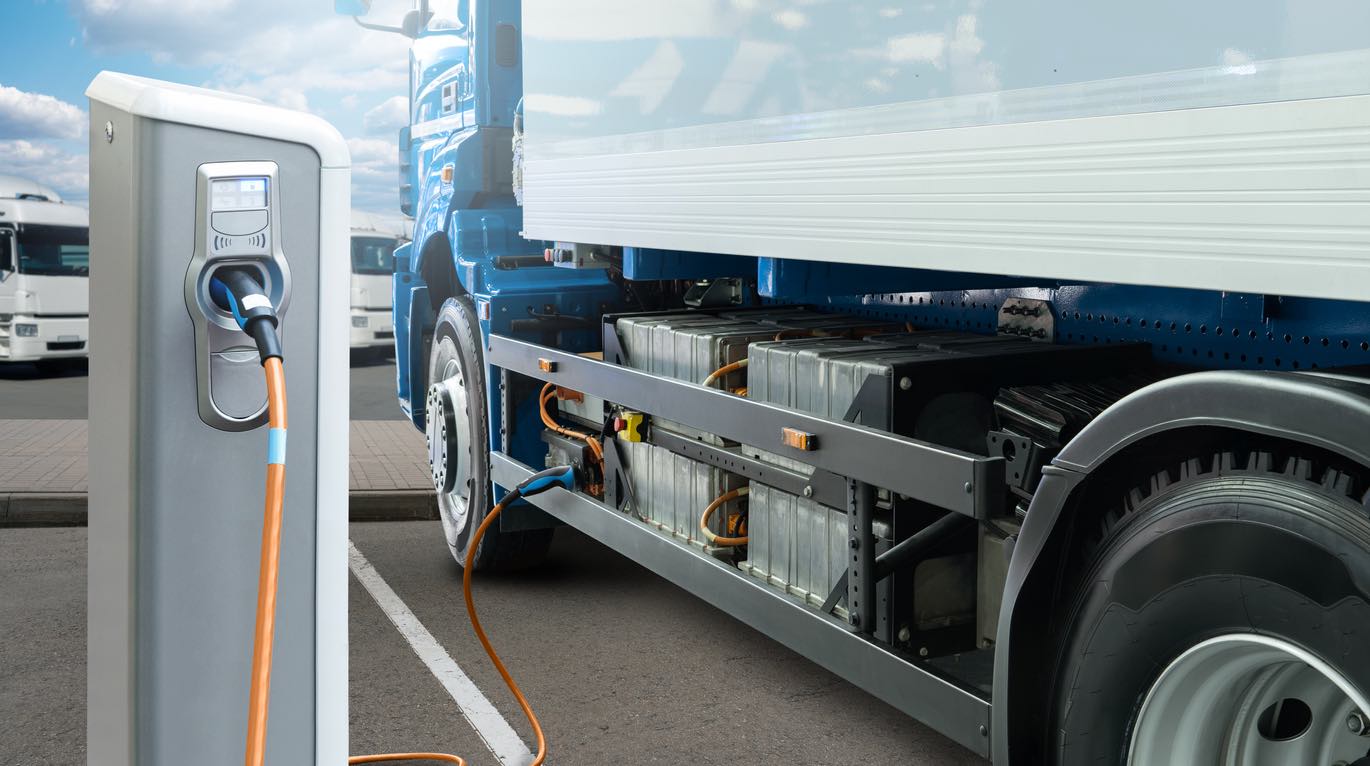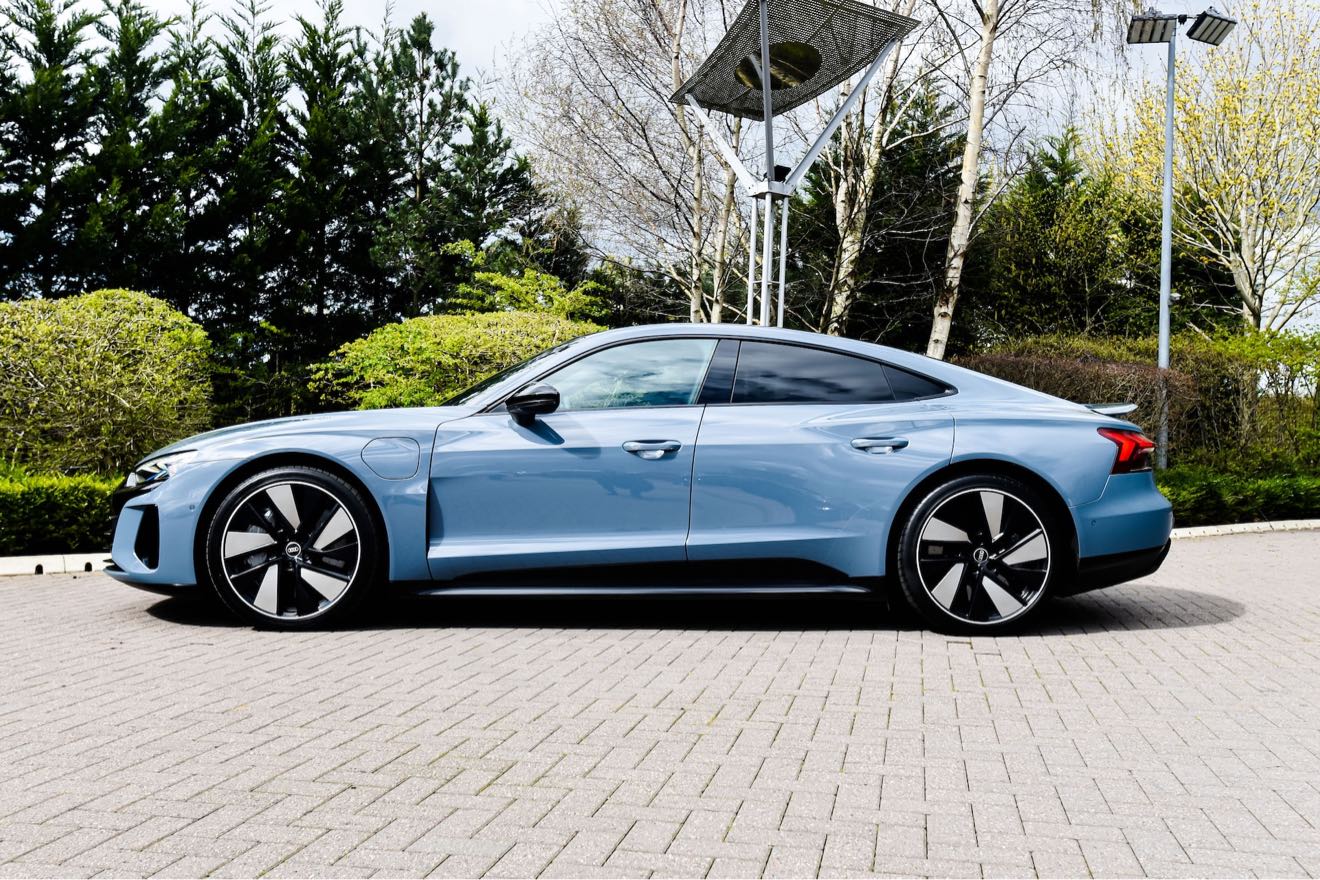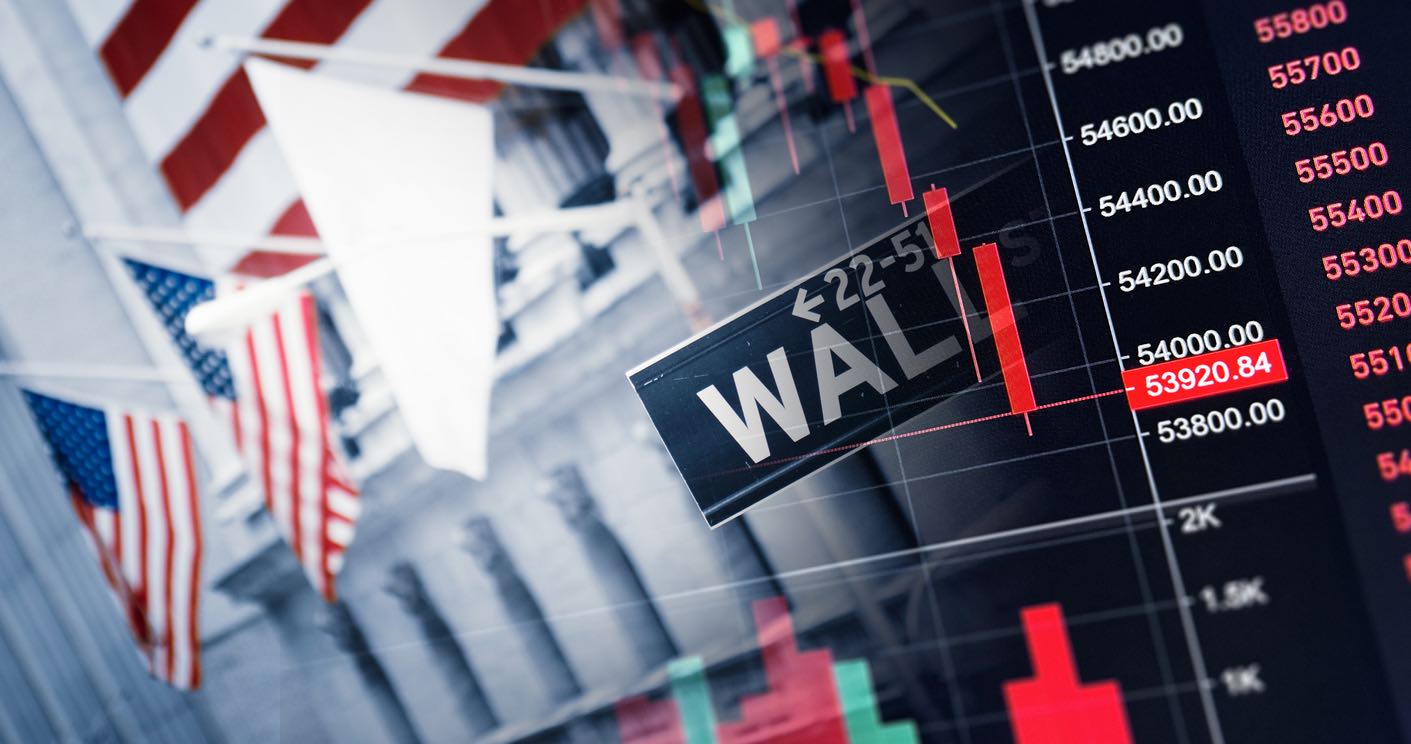The Environmental Protection Agency (EPA) has published a rule that has shocked the American trucking sector. Strong criticism and worry have been expressed in response to this law, which aims to impose severe clean-air criteria for heavy-duty vehicles starting with the 2027 model year. Debate about the rule’s possible effects on small firms, inflation, and the economy as a whole has heated up.

The new EPA rule places a strong emphasis on regulating heavy-duty truck emissions. According to estimates, each car will need equipment that will cost between $2,568 and $8,304. The American vehicle Dealers Association, however, thinks it may result in an increase of $42,000 per vehicle. Over the course of the program, the EPA estimates that the overall related costs of this rule might total $55 billion.
Sen. Deb Fischer of Nebraska, a Republican, has been outspoken about the potential harm that this law might do to small companies as well as the rise in inflation. She keeps up the battle against what she perceives to be an overly aggressive regulatory agenda despite failing to overturn President Joe Biden’s veto.

President Biden rejected Fischer’s motion to halt the EPA regulation, which had already been approved by the Senate and the House. Only 50 senators supported the effort to overturn the veto, well short of the 67 required.
With the veto upheld, the EPA may proceed with the regulation, starting with trucks in 2027. However, legal issues are anticipated, which would further complicate the matter.

Fischer’s resolution was backed by the Owner-Operator Independent Drivers Association (OOIDA), which also voiced dissatisfaction at the president’s choice to reject the bicameral legislation. They have promised to keep battling against what they consider to be “burdensome” EPA regulations.
The EPA is also promoting the use of electric commercial trucks and trying to establish a new set of pollution regulations. This decision has sparked practical worries about the price of goods, driving distance, battery weight, and charging accessibility.
With some in the business supporting the drive for cleaner emissions and others worried about the financial effect, the regulation has sparked division. As the deadline for the rule’s adoption draws near, the discussion is certain to continue.
The rule’s long-term consequences on small companies, the American economy, and the transportation sector are still unknown. In the future years, there will be a strong emphasis on striking a balance between environmental conservation and economic stability.
The heavy-duty vehicle pollution guideline from the EPA has sparked a contentious discussion in the US. Political conflicts, legal issues, and serious worries within the sector have resulted from the possible effects on truckers, small businesses, and the economy. The route forward must be carefully considered as the country transitions to cleaner energy sources in order to maintain a balance between environmental responsibility and economic vibrancy.

As the top freight transport broker in the US, Ship A Car, Inc. stands out for its unrelenting dedication to quality and compliance. We can guarantee to our clients that we operate lawfully and in complete compliance with all applicable laws and regulations since we hold licenses from both the Department of Transportation (DOT) and the Federal Motor Carrier Safety Administration (FMCSA).
You can be confident that you are working with a trustworthy and well-known business when you select Ship A Car as your freight transport broker. Our dedication to quality, compliance, and customer satisfaction underpins our industry leadership. Call us at (866) 821-4555 right now to benefit from our first-rate assistance and service.
- What is the new EPA regulation on emissions from heavy-duty trucks? Starting with the 2027 model year, heavy-duty vehicles must adhere to rigorous clean-air regulations. Although it tries to cut emissions, there are worries about the cost and the effect on small enterprises.
- What has the trucking sector done in response to the EPA rule? The response has been mixed, with some people supporting the environmental aims while others have expressed worry about the cost and logistical difficulties. There are continuous legal and political conflicts.




